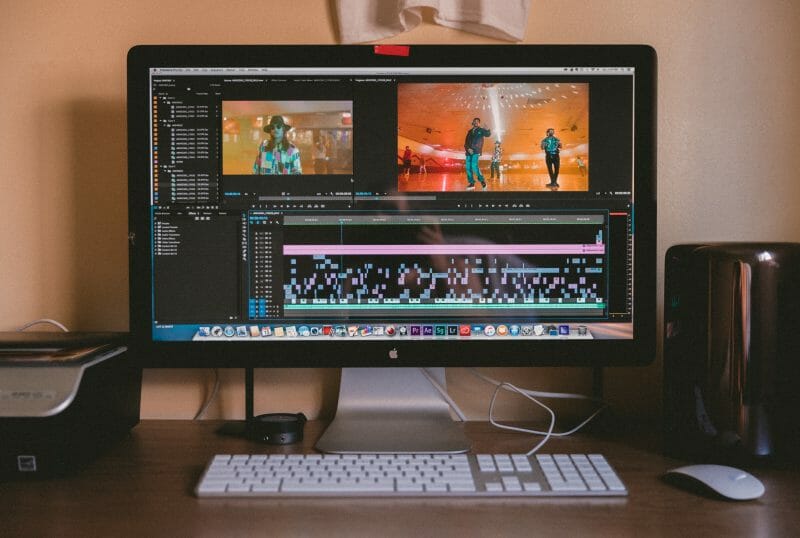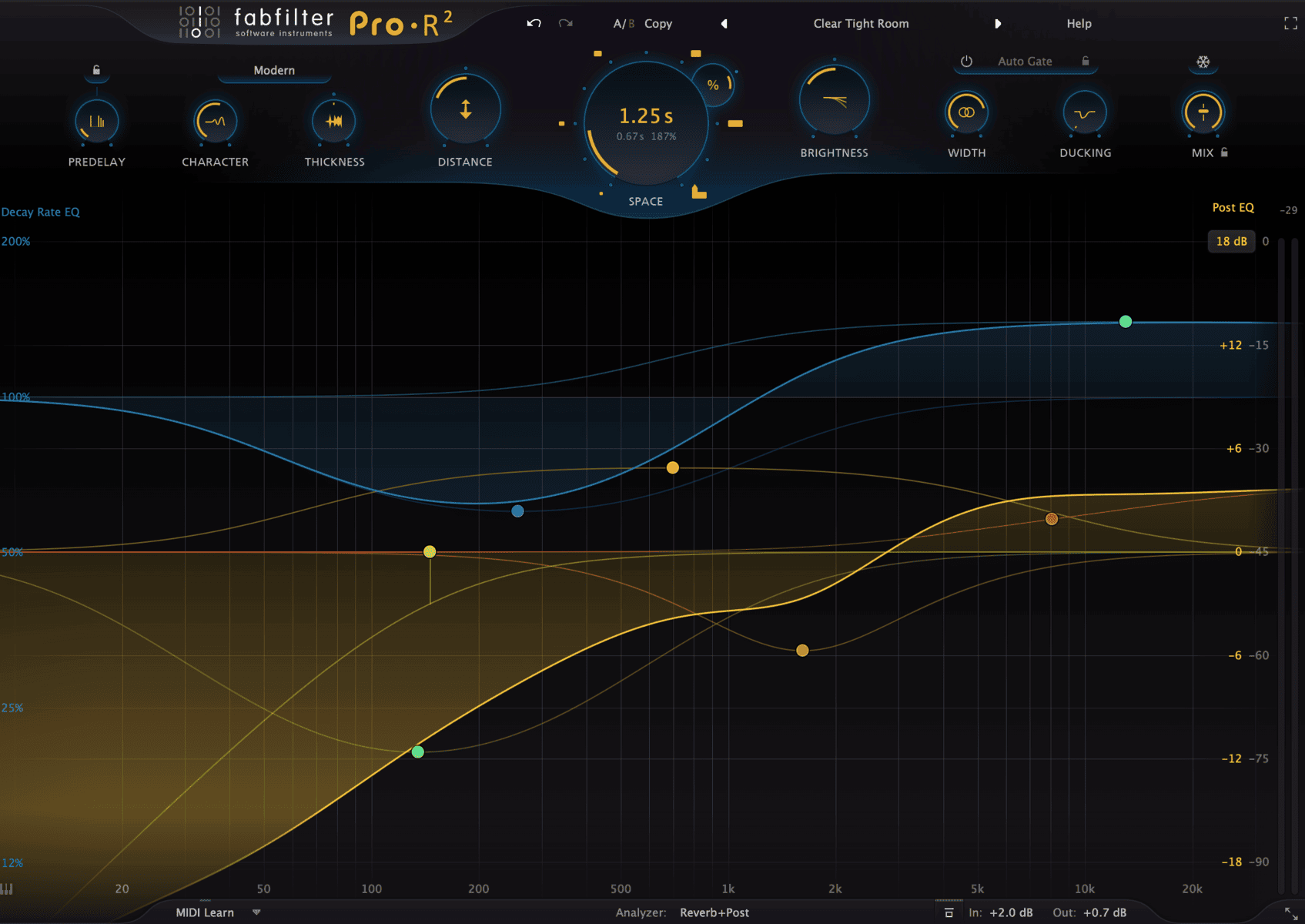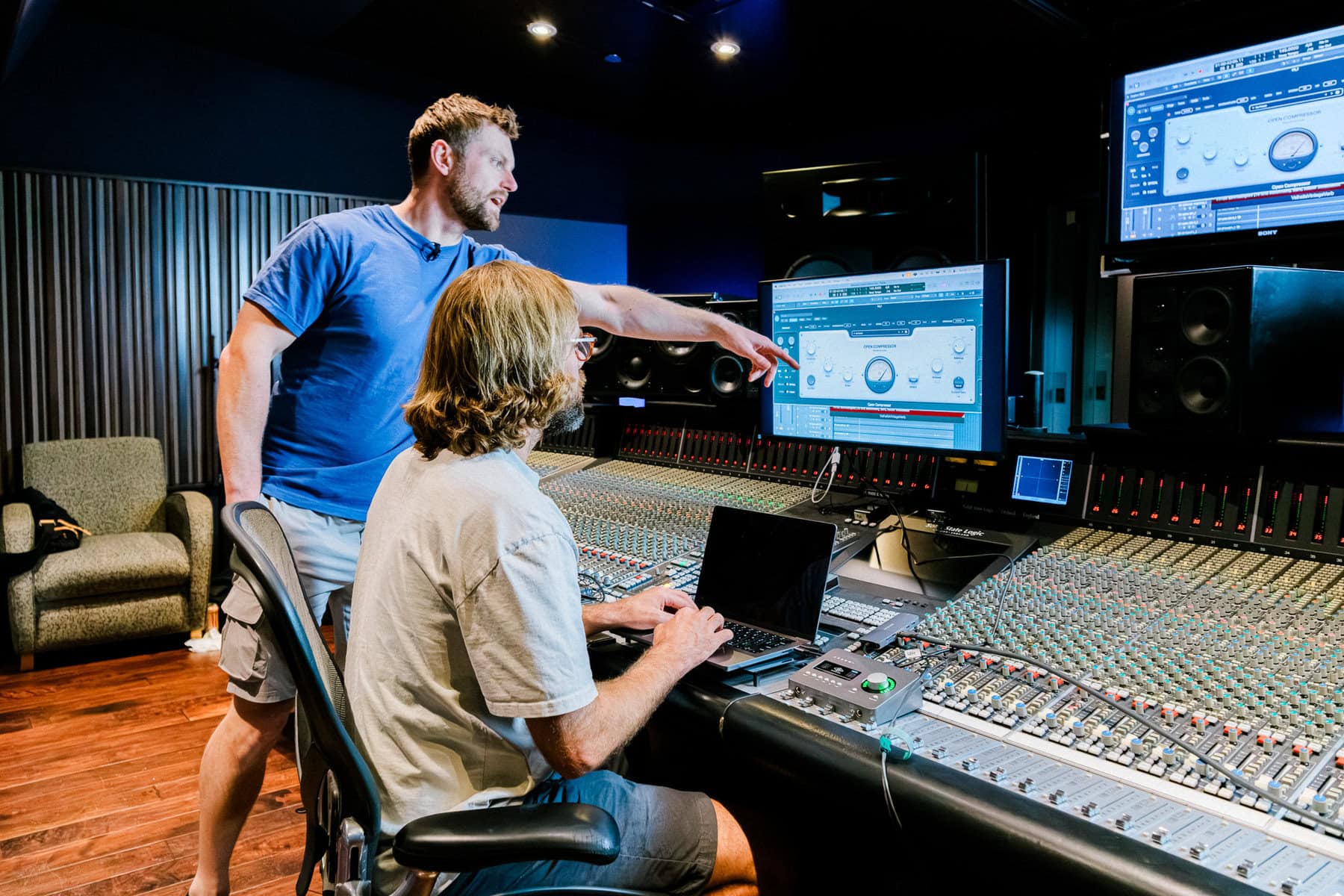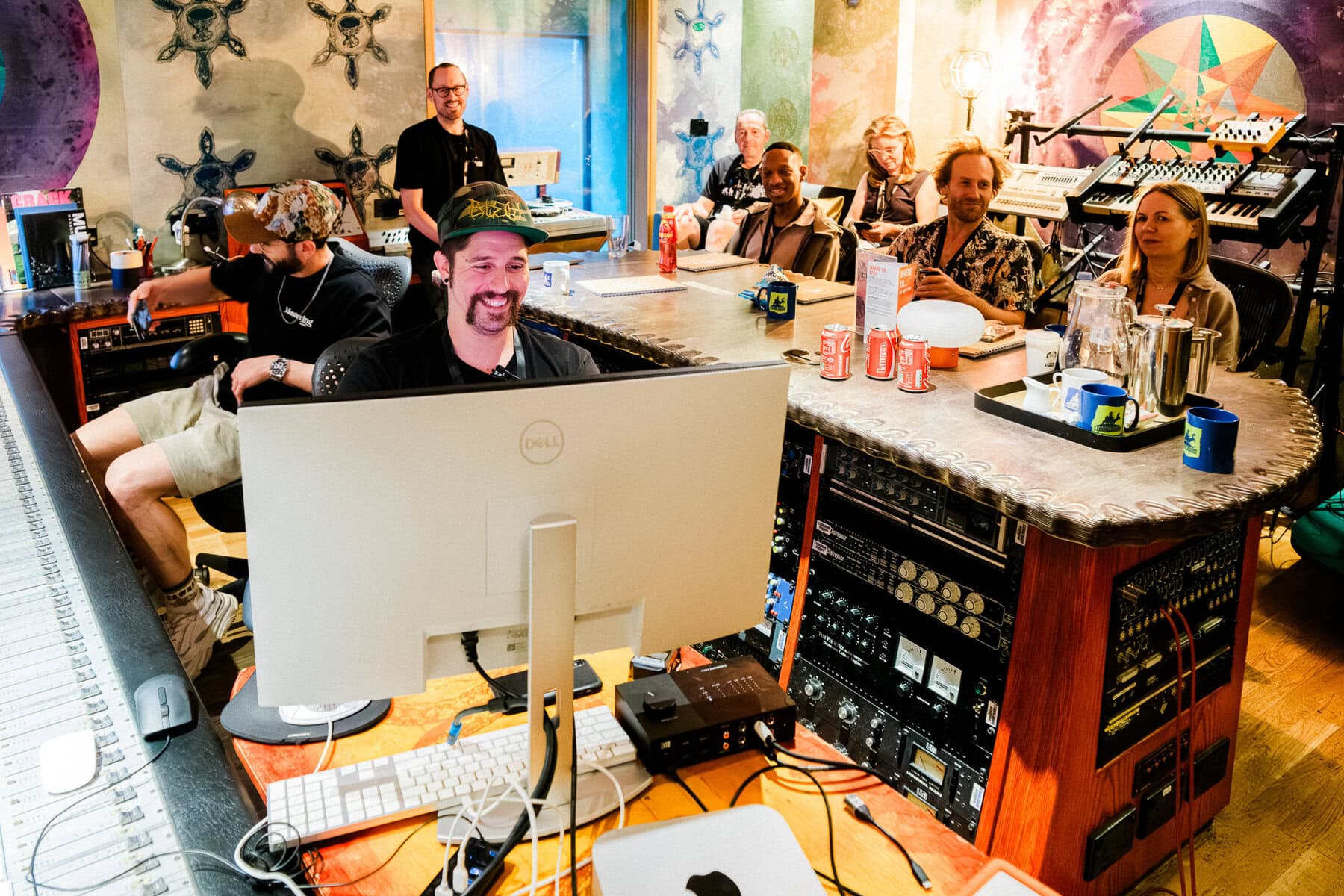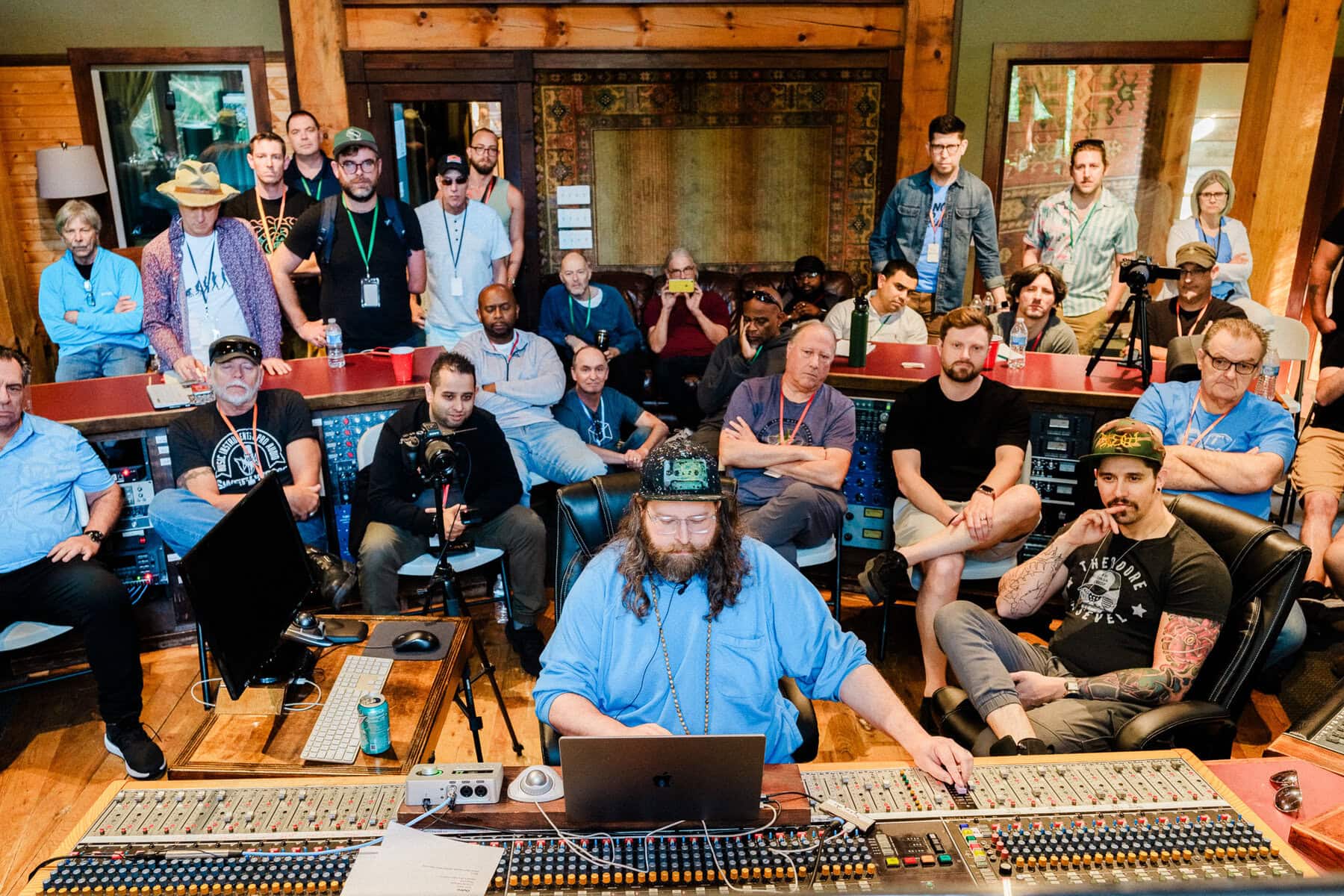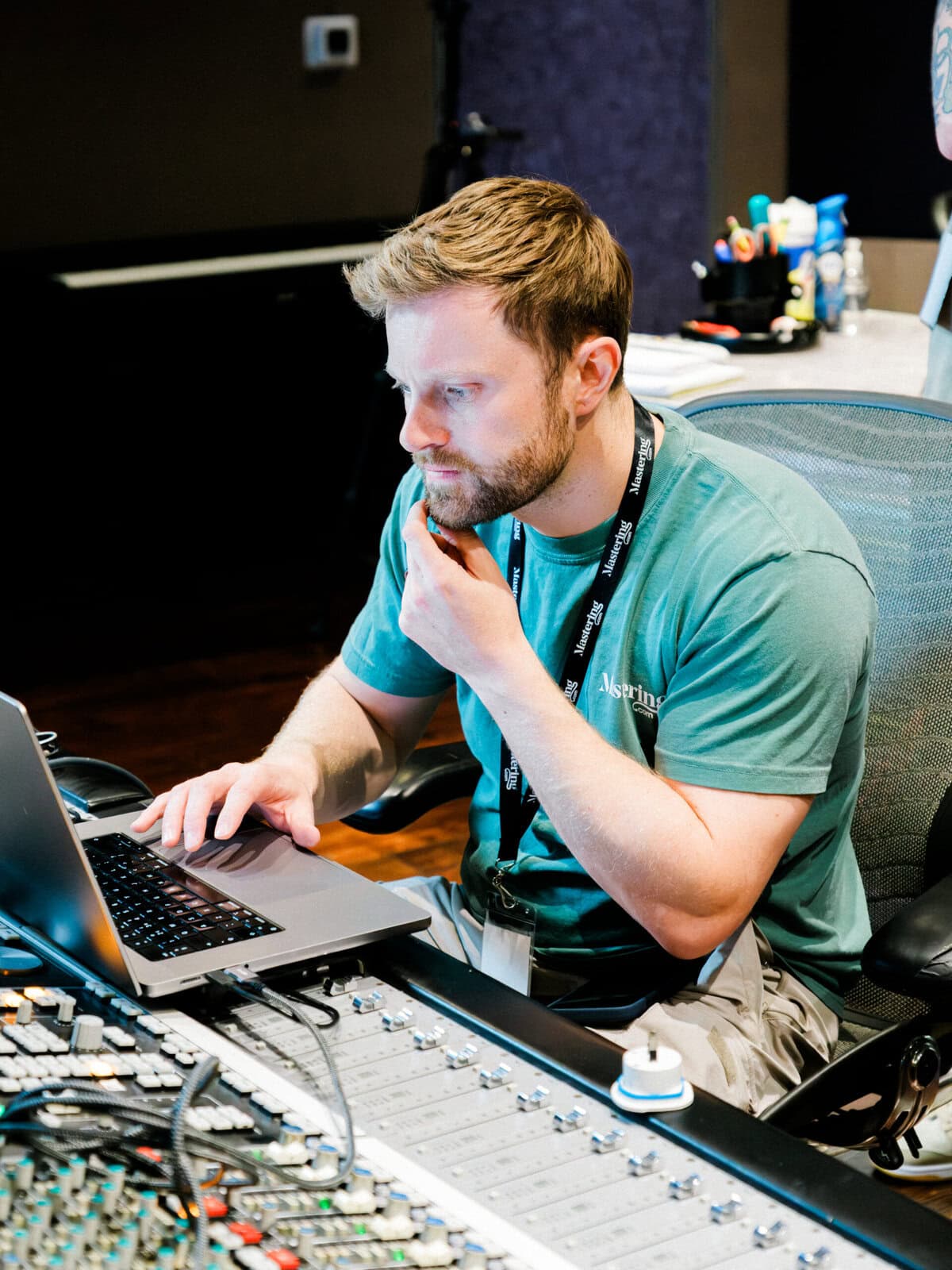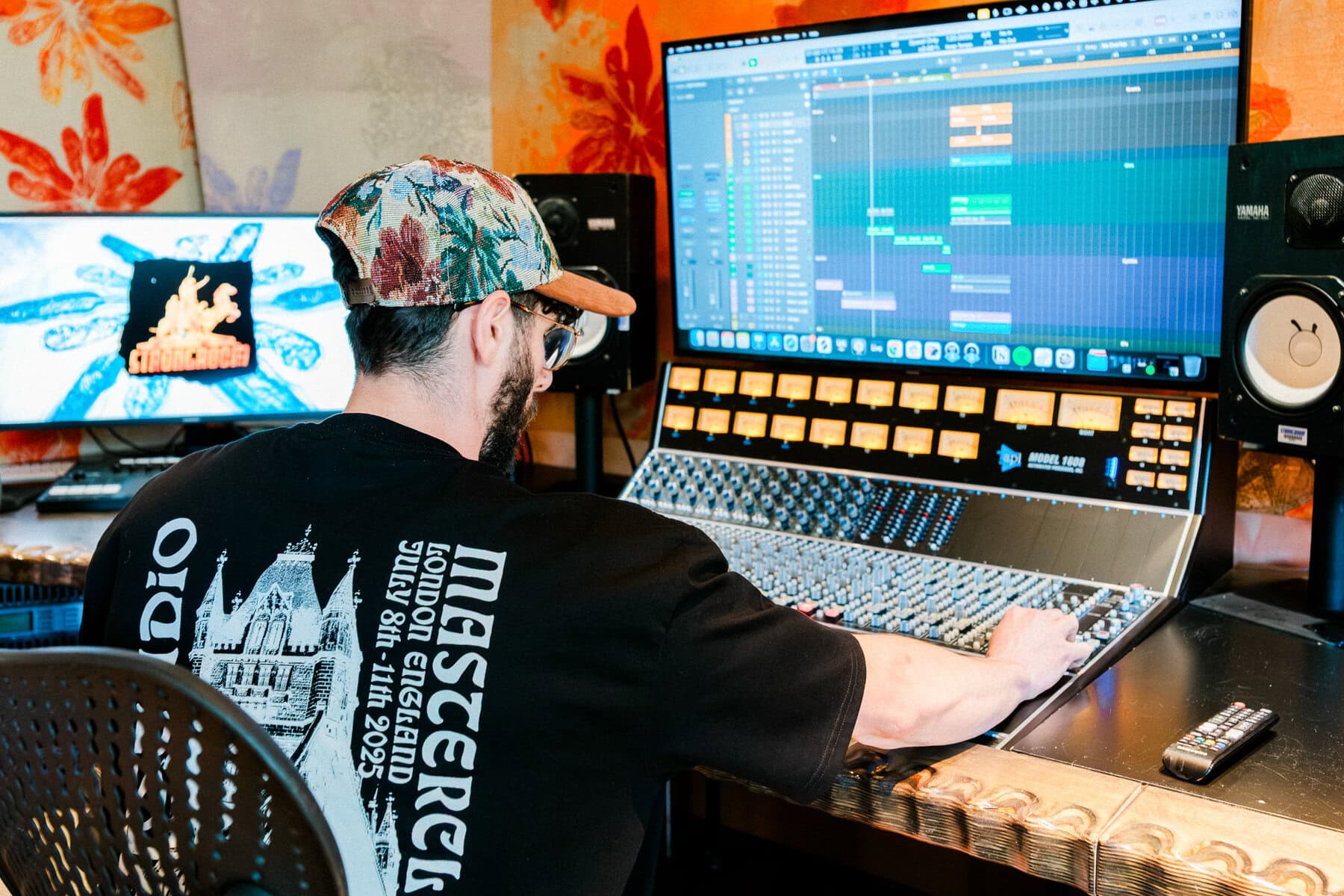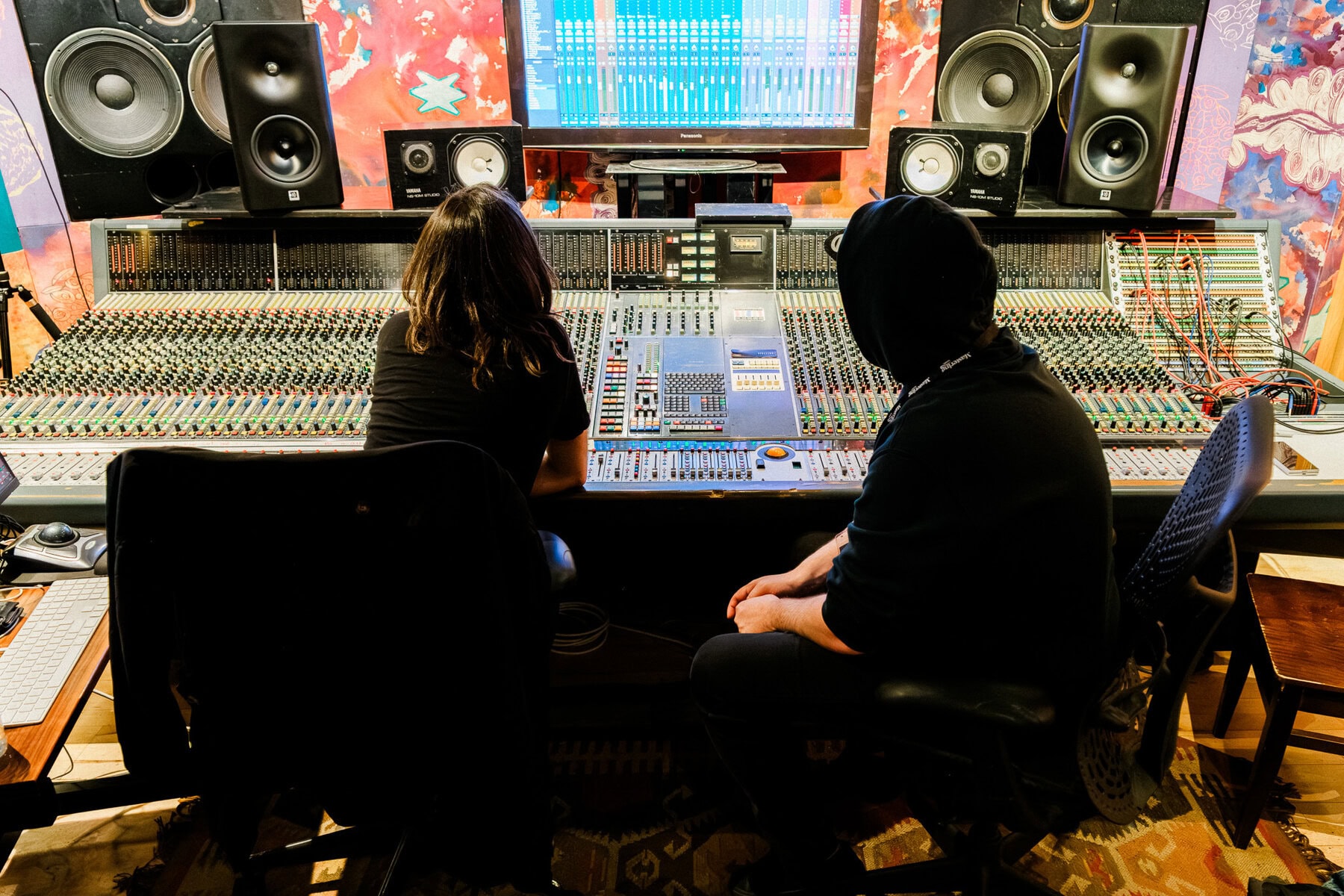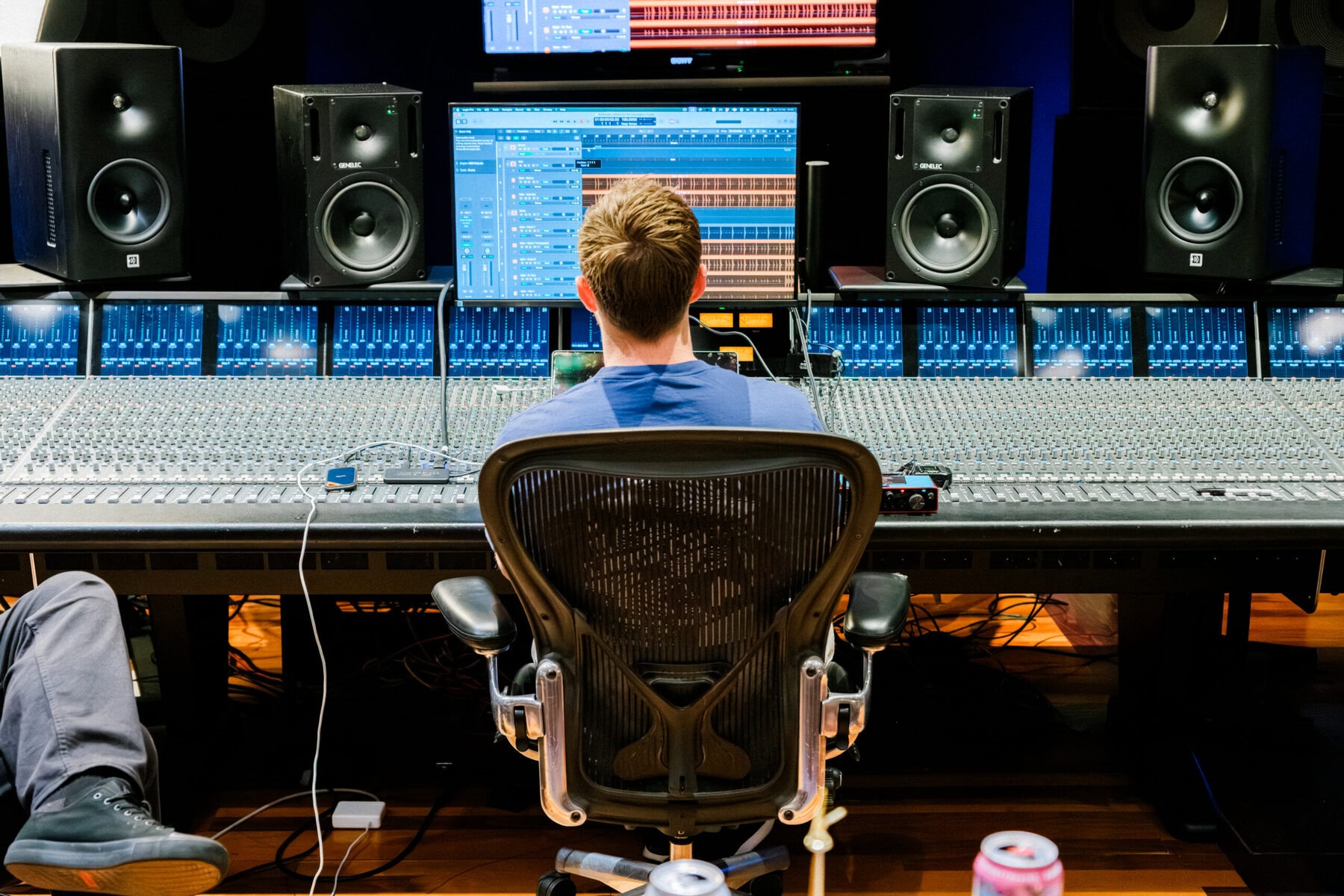Many of us dream of heading to a movie premier and hearing our own music play as the credits roll.
But getting that coveted sync deal is a tall order. If you really want to hear your music on the big (or small) screen, you’ll want a sync agent.
This guide will teach you how to get in contact with the right people so you can get the deal of your dreams!
What’s a Sync Agent?

A sync agent is a company that puts your music in front of directors, producers, game designers, and more.
These companies can be publishers, labels, libraries… You name it.
No matter what they’re called, they all have one thing in common. They try to get your music licensed.
Which is great news for artists! Tons of musicians make a great living by writing songs for sync.
In general, you’re way more likely to get sync deals by working with a sync agent or library. Pitching your music by yourself can only get you so far.
A good company has plenty of strong contacts with music supervisors. With their help, you’ll be way more likely to get music placements.
What Kind of Music Should You Make?
Whatever you want!

You might be worried that you have to start writing jingles and give up on the music you really love. Fortunately, that isn’t true.
The library world is filled with all kinds of music. It’s everything from happy, short jingles to heavy metal tracks.
For example, I got an instrumental psychedelic/progressive/rock track that was in a 7/8 time signature used by Audi in South Korea.
So you can be as creative as you’d like to be!
How Much Music Should You Make?
In short, as much as possible. The more high-quality music you can release, the better.

I sat down with Dan Graham to get the inside scoop. He is the founder of the label Gothic Storm (Deadpool 2, Dunkirk, Black Panther).
If you’re serious about getting your music licensed, Dan recommended you make one track per week. That’s 52 tracks per year.
This might seem like a lot, but there are a few techniques you can use to accomplish this. Here are the steps Dan used to speed up his output from one song a month to one song a week.
- For every musical idea, give yourself 20 minutes to record a rough sketch. After an hour you have three rough sketches, so pick the best and focus on that one.
- Write an outline of the full song on your main instrument. Make sure it captures the emotion, tempo, dynamics, and chord progression of the whole song.
Don’t try to perfect only a few bars. Focus on getting a great outline instead.
- Make a song map that details what should happen and when. For example, a guitar solo in the chorus, a breakdown right after, drums come in during the verse, etc.
This creates a to-do list you can follow instead of always racking your brain on what should come next.
- List your instruments in order of importance.
Don’t waste time trying to figure out which instrument(s) should carry the melody. Have a game plan for what’s central and what’s just background.
- Once you’ve got a first draft, listen to your song and take notes on what you can improve. This becomes another to-do list that simplifies the process.
It doesn’t sound glamorous, but it’ll make your job 10 times easier. You’ll avoid wasting time on bad ideas and cut right to the good ones.
Pitching Your Songs

You’re almost ready to start contacting people in the industry. But don’t hit send just yet!
Before firing off a single email, you’ll want to make sure your music is ready. This quick list has everything you need to double-check.
Pre-Pitch Checklist
- Make sure your music sounds awesome. It should be professionally mixed and mastered.
- You should have an album’s worth of songs (10–12) that all fit into a theme. For example, bombastic war scenes, chill acoustics, or action-packed rock anthems.
- Make sure you have a link to a playlist of the album ready to go.
Once that’s done, you need to find the right people to pitch to.
Finding the Right Company
As you search for companies to contact, it’s a good idea to listen to some of their music. You want to make sure your music can fit into their style.
Otherwise, you’re wasting your own time as well as theirs.
A simple Google search of “sync music agency” should give you a good starting point.
Open up a few tabs of the search results you get and start investigating your results.
There are a few things to be on the lookout for before you start pitching your music.
- What’s their latest placement? (i.e., what projects have they recently placed their music in?)
- Is their website up to date?
- Does the artwork look a bit cheap?
If everything looks good, and they have solid recent placements, check out their music. Will yours fit into their catalog or not?
If not, move on to the next one.
If yes, it’s time to find their contact details.
Where to Send the Email
Many of these agencies have a dedicated email address that people can pitch their music to.
![]()
But most of them get tons of pitches every day. Your cold email might not get a response.
I recommend you find someone in the company who deals with music licensing or who is a music supervisor.
LinkedIn is a really good place for this.
A lot of these sync companies have a LinkedIn page, as do many of their employees. By connecting with these people on LinkedIn, you can get their personal email address.
This is a much more effective way of pitching your music because you are more likely to get a response.
How to Write the Email
Let’s talk about how to write the email pitch.

There are few things I would recommend you always include when pitching.
- Reference some of their recent placements or writers that make great-sounding music.
This takes a bit of work on your part, but you’ll be more likely to get a response.
It shows that you’ve put in the work, and you come across more professional. You aren’t just spamming hundreds of companies with the same bland email.
And make sure you can reference the person you’re contacting by name. The same goes for when you reference their work and composers.
- If you have any previous accomplishments as a writer, mention them in the email. (Don’t overdo it though, a few lines are enough.)
This could be any songs you’ve already had placed in a commercial, video, TV show, etc.
This shows you’re credible and makes them more likely to give you a shot.
- Link to your music.
This might be a given, but don’t forget to include a link to your music in the email.
Are you using SoundCloud? Create a new playlist for each company you’re pitching to and name the playlist accordingly.
This comes across a bit more professional.
- Don’t forget to follow up.
Following up is huge. People miss so many opportunities by simply not following up.
I can’t tell you how many times I’ve followed up with people I want to work with and found out my first email just got buried in their inbox. But since I followed up, they were able to get back to me.
So if you don’t hear anything back from your first email, send a simple follow-up.
Your follow-up should be short and friendly.
Don’t beat around the bush! Let them know why you’re contacting them.
Hello [insert their name],
I hope you are well.
I was wondering if you’d gotten a chance to check out my songs? I’m currently looking for sync opportunities, and your work stood out to me.
Let me know if you have any questions.
Thanks in advance,
[Insert your name]
You might have done all the steps perfectly. Your music sounds awesome.
But you might still find it difficult to land a deal. That’s normal.
Dan notes he “probably sent over 2,000 emails… trying to get anybody interested.”
Don’t sweat it if you don’t get a response. This is common! But you still need to follow up.
Hunter.io has a handy guide to writing followups when you don’t get a response. Check it out to get the most out of each email.
Common Deals
There are a few common deals you will come across when signing your music away to a library or agency.
Exclusive
This means the agency will own all the rights to your music. Only they will be allowed to license it to third parties.
Non-Exclusive
This deal means the agency doesn’t have exclusive rights to your music, so you can send it to other companies as well.
In-Perpetuity
Signing this deal means you are giving your agency lifetime ownership of your music.
Which One Is the Best?
Some of these might sound scary. For instance, signing away the rights to your music in perpetuity is a bit scary.
But Dan Graham says in-perpetuity deals are more common in high-end library music:
Within a big company, they will have a big music server that has all their music catalogs in it. This music will either be precleared so they know they can use it, or they will know how much a certain company charges for a song.
Therefore, if a composer had the right to take their music back after a certain time, you would have to go to all of your agents around the world. Then they would have to go to every company around the world and start telling them to delete your music from their hard drives. It’s not impossible, but it would be really complicated.
Where do you see non-exclusive deals more commonly?
In my experience, with publishers that allow anyone to join and pitch their music to projects. For example, taxi.com or musicgateway.com.
These are not bad websites at all. People still make good money from these deals.
However, I prefer to be able to pitch my music to a company that wants to sign an exclusive deal.
That being said, it can be very frustrating if you sign your music away to a company that does nothing with it. So having a non-exclusive deal in that instance would allow you to take it somewhere else.
As you can see, all three have their pros and cons. It’s up to you to decide what you’re most comfortable signing.
Conclusion
Getting someone to pitch your music for sync is a long, difficult process. But the payoff is a cozy career doing what you love: making music!
Just follow the steps above, and you’ll be well on your way to turning your dream into a reality.

